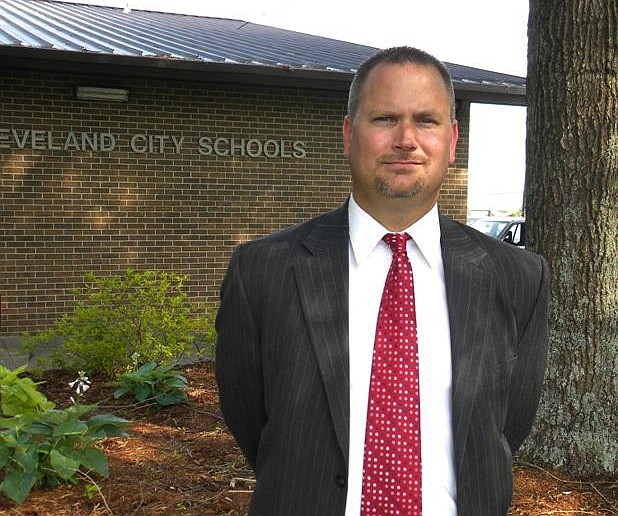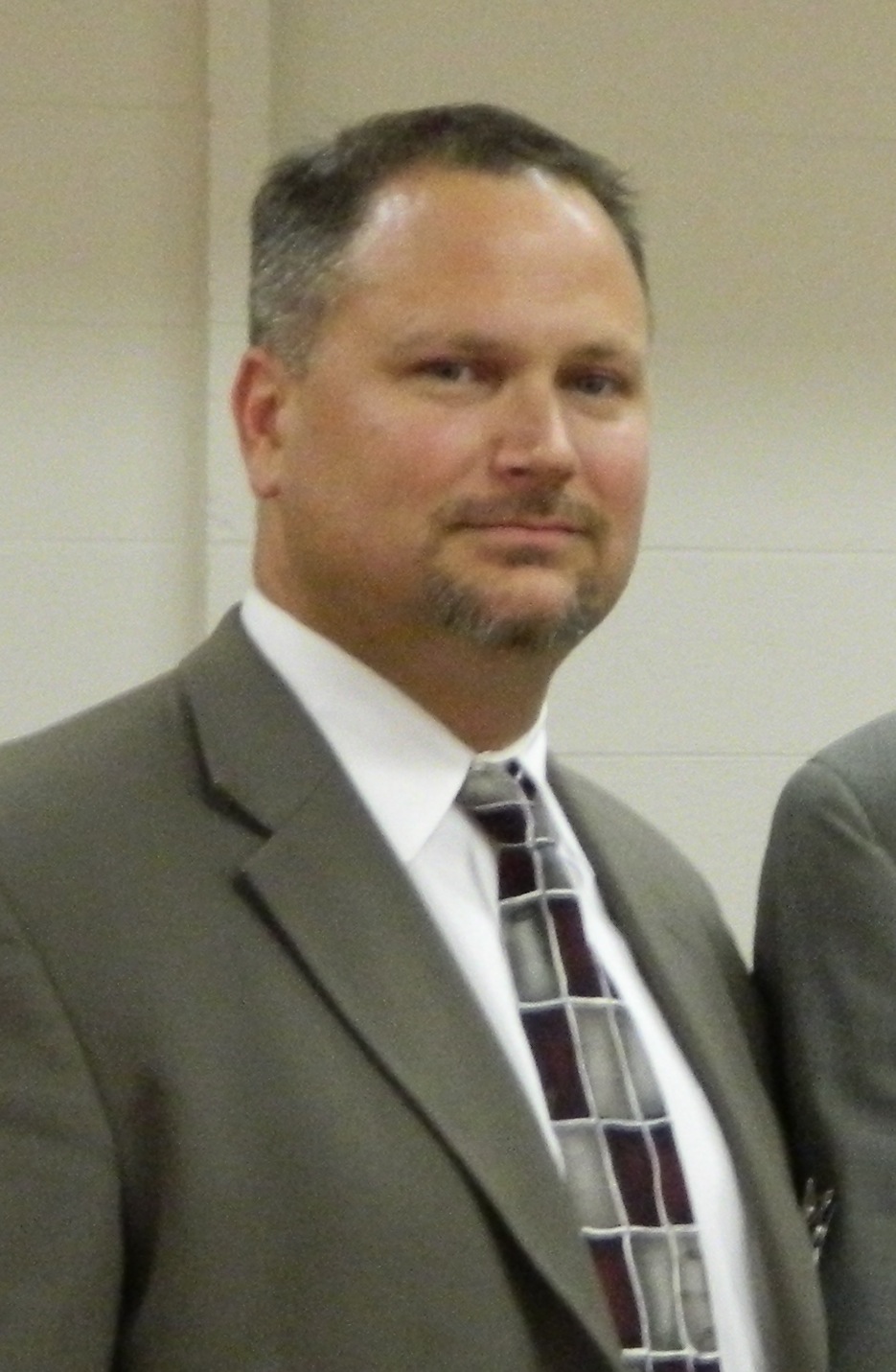CLEVELAND, Tenn. -- Cleveland leaders agree that a new elementary school will be needed soon.
At a recent City Council meeting, Cleveland School officials reported enrollment has surpassed the capacity of many of its elementary schools, especially those in North Cleveland.
The solution, they said, is a new 75,000-square-foot elementary capable of holding 500 students. The estimated cost, not including land, is $13 million.
"Rezoning doesn't help, because all our schools are full," said Dr. Martin Ringstaff, director of Cleveland City Schools.
City schools already are 300 students over capacity systemwide, with Mayfield Elementary taking the brunt of the overcrowding. Its enrollment surpasses its 450-student capacity by 100 children.
Recently announced apartment complex developments in North Cleveland further will aggravate overcrowding, Ringstaff said. The student population of Yates Primary and E.L. Ross Elementary schools is expected to surpass the capacity of those schools soon.
Councilmen Bill Estes and Dale Hughes recommended the school system consider building a larger facility capable of enrolling up to 700 students.
Frugality, Ringstaff said, partially drove the plan for a 500-student school. Education officials said they were open to tweaking the plan.
"I don't want to waste taxpayer money, but at the same time we want to keep our school system as one of the best in the state," Ringstaff told the City Council. "We are quickly becoming overcrowded. Any help would be greatly appreciated."
Providing capital funding for the school is a problem without a simple solution, city leaders said.
The $1 million it would take to fund the debt service on $14.5 million -- the estimated combined cost of the school and land -- likely would require a property tax increase, Cleveland City Manager Janice Casteel said.
Officials said they were "open for gifts" of land as a way to help overcome the funding challenges.
Several councilmen agreed that the county needs to be part of the funding solution.
The Bradley County Commission previously proposed a $32 wheel tax to generate borrowing power for $33 million in capital funding, of which Cleveland City Schools would receive $11 million. The referendum failed by a 3-1 margin in August.
Several Bradley County commissioners repeatedly have said they have no other plans to fund capital education projects, at least until county revenue streams improve.
"They need to come up with a Plan B, because there's no question we're going to have to build new schools," Councilman Richard Banks said. "It ought to be our first priority; it ought to be their first priority."
City leaders plan to discuss educational needs with their county counterparts in a joint meeting at Mountain View Inn on Oct. 31 at noon.
Paul Leach is based in Cleveland. Email him at paul.leach.press@gmail.com.

